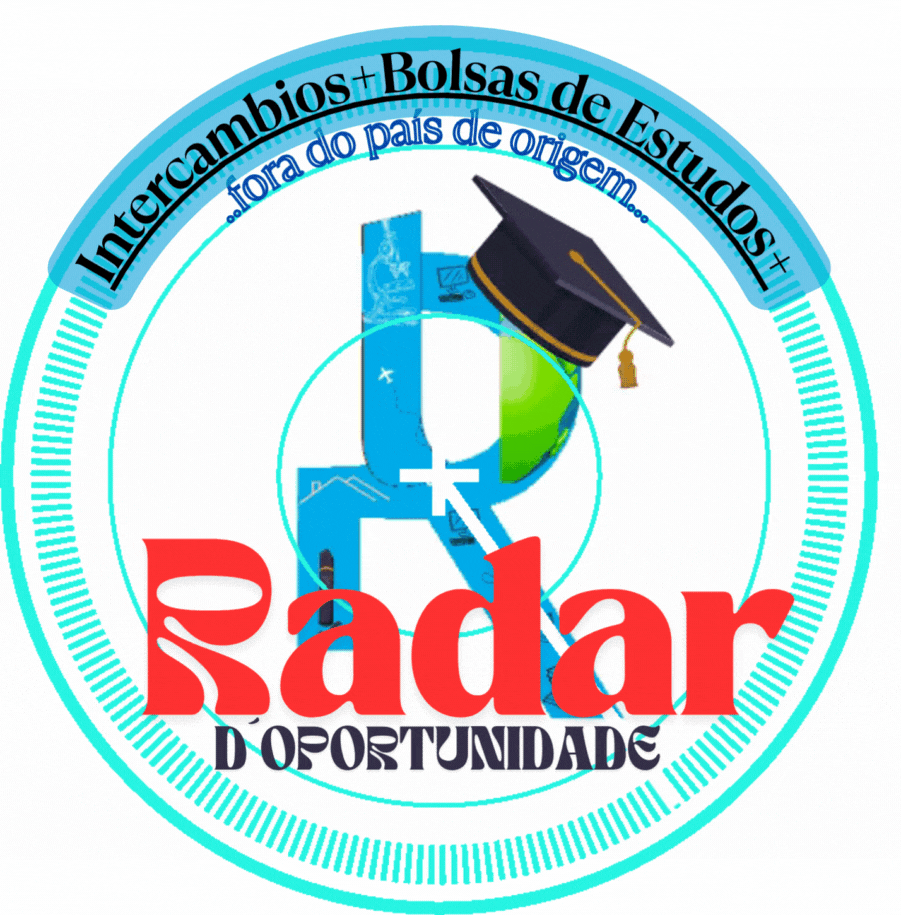
Bolsas de Estudos
Scholarships are financial opportunities offered by educational institutions, government, or private organizations to help students cover costs related to their education, such as tuition, fees, materials, and even housing expenses. Scholarships provide a valuable platform for academic, professional, and personal growth, as well as a unique cultural immersion experience. For those looking to expand their horizons and enrich their education, these opportunities represent an important step toward growth and success in an increasingly globalized world.
Frequently Asked Questions (FAQ)
Types of Scholarships
Full Scholarships
Full scholarships typically cover tuition fees, housing, meals, transportation, study materials, health insurance, and additional benefits such as internships, networking, and cultural or academic events.
Partial Scholarships
Partial scholarships cover only part of the costs of a course or exchange program. This may include partial tuition fees, limited housing support, meal assistance, partial transportation, and reduced help with study materials. To cover the remaining expenses, recipients often combine these with student loans, part-time jobs, or other scholarships. It’s important to check the specific rules of each scholarship before combining them.
Merit-Based Scholarships
Merit-based scholarships are awarded to students with high academic performance or talents in areas such as sports, arts, or research, regardless of financial situation. They usually involve competitive selection processes and offer benefits like recognition and career opportunities.
